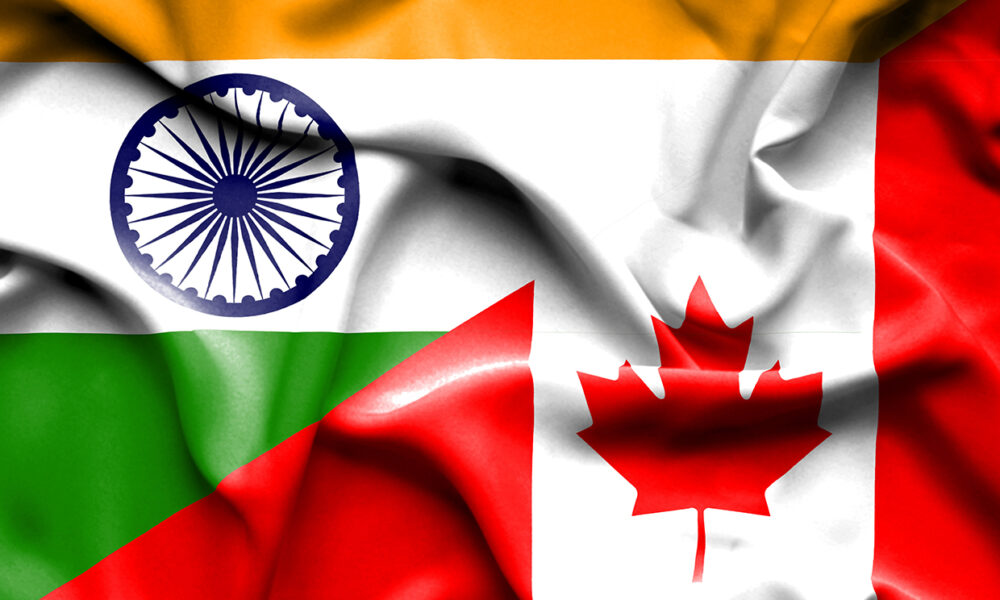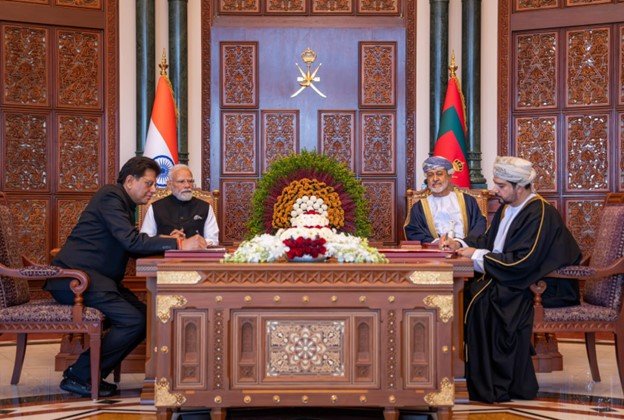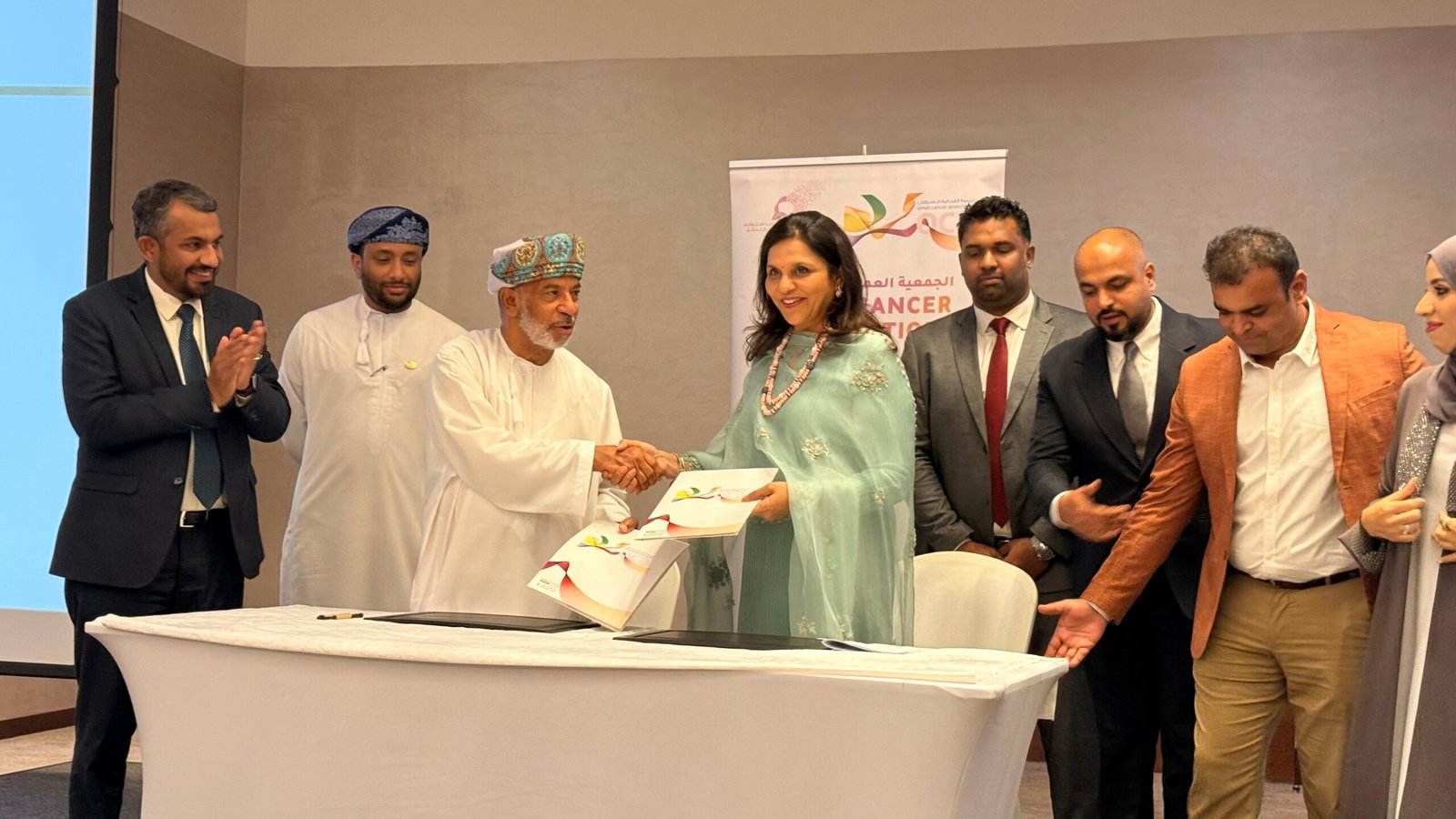To move forward, Canada must avoid repeating the mistakes of the past. Recognizing the valuable contributions of Indian immigrants and promoting inclusivity are vital steps toward building a more cohesive society
Canada has long been celebrated for its multiculturalism, drawing immigrants from across the globe. In recent years, Indian immigrants have significantly increased their presence, contributing to both the economic growth and cultural richness of the country, reported the gauntlet.ca.
Despite these positive contributions, rising anti-India sentiment has begun to cast a shadow over the immigrant experience, a phenomenon partly fueled by economic pressures and cultural misunderstandings.
Over the past decade, the number of Indian immigrants to Canada surged from 32,828 in 2013 to an astounding 139,715 in 2023. This sharp increase underscores India’s prominent role as a top source of immigrants, largely due to Canada’s welcoming immigration policies, which stand in contrast to the more restrictive measures in countries like the United States. However, while many Canadians appreciate the benefits of immigration, some perceive the growing Indian community as a threat, especially amidst economic challenges.
By embracing diversity and fostering understanding, all communities in Canada can feel welcome and valued, ensuring the country remains a beacon of opportunity and multiculturalism
Concerns about competition for jobs and public resources have stoked resentment. Misinformation and stereotypes circulate widely, often propagated through social media. Hashtags like “Indians Taking Over Canada” spread unfounded fears that Indian immigrants are monopolizing opportunities. International students, many of whom are Indian, frequently face hostility, with damaging effects on their mental health and sense of safety.
Economic fears lie at the heart of much of the hostility. As living costs rise and job markets tighten, some Canadians view Indian immigrants as competitors for limited resources. The sight of Indian students in long lines at job fairs, often for entry-level positions at places like Tim Hortons, intensifies this perception. Consequently, anti-Indian sentiment is no longer confined to isolated incidents—it is a growing and concerning trend.
Reports of hate crimes against South Asians have surged, driven in part by conspiracy theories and online misinformation. One notable example is the case of Mehul Prajapati, whose simple video about using a food bank sparked a wave of xenophobic attacks. Incidents like this highlight the vulnerability of immigrants in an increasingly polarized climate.
Far-right groups in Canada have exacerbated this climate by targeting South Asian communities, particularly Sikhs. These groups exploit economic insecurities and cultural fears to spread harmful narratives, which can translate into real-world violence. The Sikh community, in particular, has been increasingly scapegoated, with hate crimes and discriminatory incidents becoming more frequent.
This rising discrimination against Indians echoes troubling historical patterns. Similar to how Mexican immigrants were scapegoated during the Great Depression and Chinese immigrants faced exclusion under the Chinese Exclusion Act, Indian immigrants are now being blamed for systemic issues. History shows that such scapegoating is not only unfair but also dangerous, as it distracts from the need for meaningful policy reforms.
Canada’s economic challenges—rising living costs and a competitive job market—are the result of complex global trends and policy decisions, not the arrival of new immigrants. Blaming Indian newcomers for these challenges ignores the broader systemic issues that require attention. In doing so, it fosters a toxic atmosphere of resentment and distracts from necessary solutions.
***********************************************************
Readers
These are extraordinary times. All of us have to rely on high-impact, trustworthy journalism. And this is especially true of the Indian Diaspora. Members of the Indian community overseas cannot be fed with inaccurate news.
Pravasi Samwad is a venture that has no shareholders. It is the result of an impassioned initiative of a handful of Indian journalists spread around the world. We have taken a small step forward with the pledge to provide news with accuracy, free from political and commercial influence. Our aim is to keep you, our readers, informed about developments at ‘home’ and across the world that affect you.
Please help us to keep our journalism independent and free.
In these difficult times, running a news website requires finances. While every contribution, big or small, will make a difference, we request our readers to put us in touch with advertisers worldwide. It will be a great help.
For more information: pravasisamwad00@gmail.com








